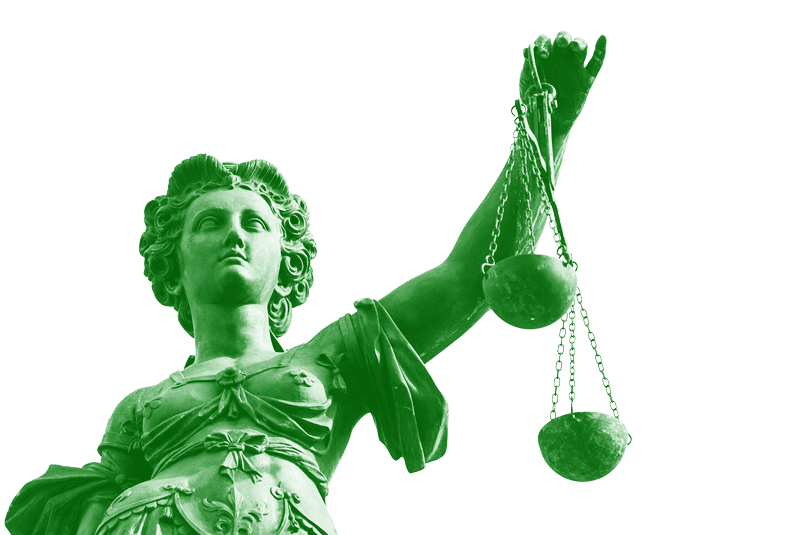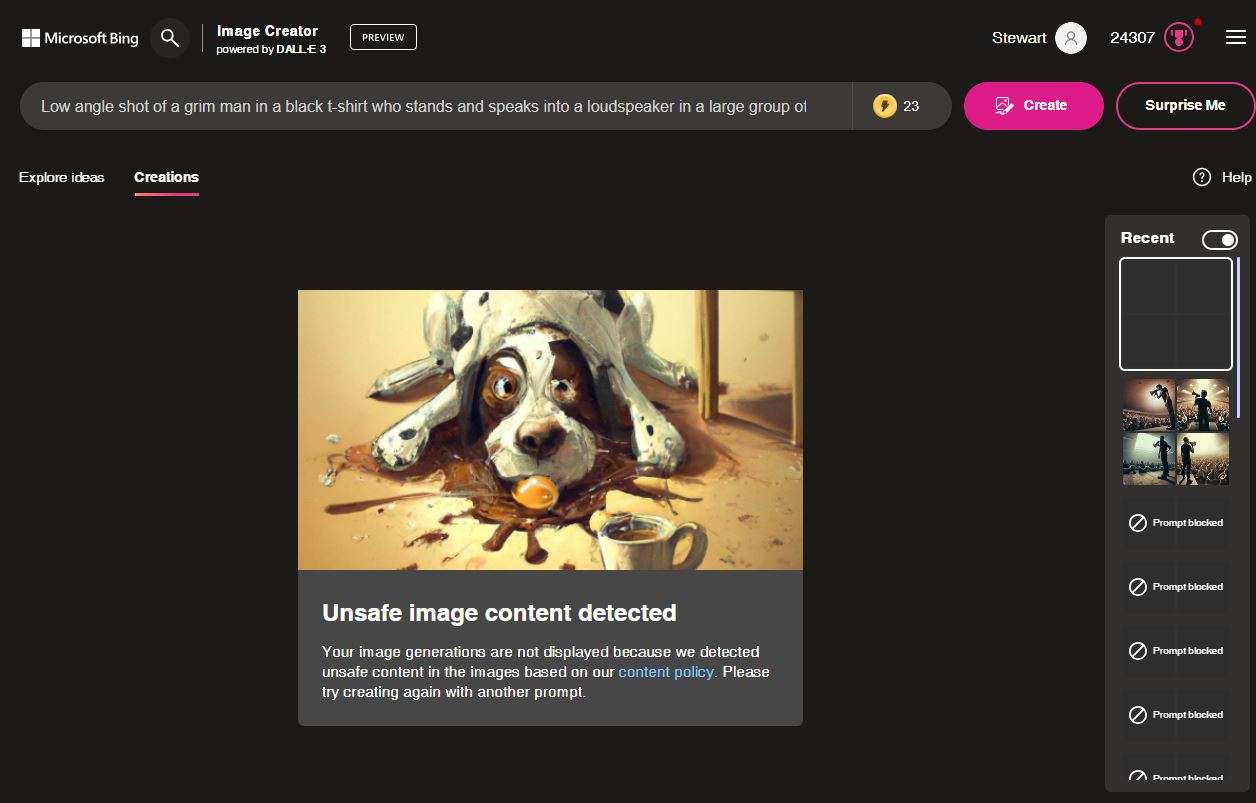
Although it has been overshadowed by other recent news, last week the Biden Administration resumed deportation flights for Venezuelan migrants detained at the border:
The U.S. is resuming direct repatriation flights for Venezuelans who unlawfully cross the border and "do not establish a legal basis to remain" in the country, the Biden administration announced Thursday.
The Venezuelan government has agreed to take back deported migrants, a senior administration official said.
The effect of this policy is to forcibly return migrants back to the control of a brutal socialist dictatorship whose oppressive policies and human rights violations have resulted in the largest refugee crisis in the history of the Western Hemisphere, with some 7 million people fleeing since 2015.
That isn't just my evaluation of the situation in Venezuela. The Biden Administration itself recognized these realities when it recently expanded Temporary Protected Status (TPS) for Venezuelans who arrived in the US prior to July 31, 2023. TPS status is based on the presence of terrible conditions in the migrants' countries of origin. In January, the administration also allowed up to 30,000 migrants per month from four Latin American countries (including Venezuela) to enter the United States under the CNVH parole program, so long as they have US-resident sponsors. The parole program is also based, in part on Venezuelan migrants' "urgent humanitarian reasons" for needing refuge.
In this respect, there is no meaningful distinction between Venezuelans who arrived before July 31, and those who arrived since then. The Venezuelan government hasn't suddenly changed. The excuse that the migrants in question "don't have a legal basis to remain" also won't fly. The legality of their status depends in large part on the Administration's own actions in using (or not using) its parole and TPS powers. If the White House wanted to, it could easily expand parole, TPS, or both to encompass additional Venezuelan victims of socialist tyranny.
While the US government isn't responsible for the awful conditions in Venezuela, it is morally responsible for its own actions in forcibly preventing refugees from escaping those conditions. It is unjust to use coercion to consign people to a lifetime of poverty and oppression merely because they were born in the wrong place, to the wrong parents.
In a better world, Republicans would be up in arms about the administration's abusive actions towards migrants fleeing socialism. GOP leaders - including those behind an ill-conceived lawsuit challenging the legality of the CNVH program - well know the nature of the Venezuelan regime. As Florida Gov. Ron DeSantis said last year, Venezuela's socialist president Nicolas Maduro is a "murderous tyrant" who "is responsible for countless atrocities and has driven Venezuela into the ground." But in the Trump era-Republican Party, nativism usually takes precedence over fighting socialism, whenever the two conflict. Still, Republican hypocrisy on this point doesn't justify Biden's own.
The likely motive for Biden's new policy is political: trying to reduce negative publicity from illegal migration and disorder at the border. But that disorder is itself largely caused by the near-impossibility of legal entry for most of the migrants in question. The combination of horrific poverty and oppression in their home countries and labor shortages in the US understandably lead people seeking opportunity and freedom to enter illegally if there is no other way to do so.
It's the same dynamic by which alcohol prohibition led people to resort to smuggling, and to getting booze from the likes of Al Capone. Barring legal markets in goods or services millions of people seek access to predictably creates vast black markets. When Prohibition was abolished, alcohol smuggling and the role of organized crime in the industry greatly diminished. Making legal migration easier has similar effects on the black market in immigration.
For months, the CNVH program greatly reduced illegal entry by migrants from the four countries involved, a finding confirmed by both government data and a study by the conservative Manhattan Institute. More recently, that effect has diminished because the 30,000 per month cap has predictably led to a massive backlog. Desperate Venezuelans with little or no hope of legal entry once again have little choice but to try the other kind.
The Biden Administration could mitigate the problem by abolishing or at least greatly increasing the cap. They and Congress could also make legal entry easier in a variety of other ways. Doing so would simultaneously help migrants fleeing oppression, benefit the US economy (thereby increasing economic freedom, wealth, and opportunity for native-born Americans), and reduce pressure on the southern border. Instead, the White House has chosen the cruel and unjust path of unjust deportation.
Overall, Biden's immigration policies are still a vast improvement on those of his predecessor, and in some crucial respects even on those of pre-Trump administrations. Even in the specific case of Venezuelan migration, Biden remains much better than Trump. But that doesn't mean he deserves a pass when he does wrong in this area.





Show Comments (56)